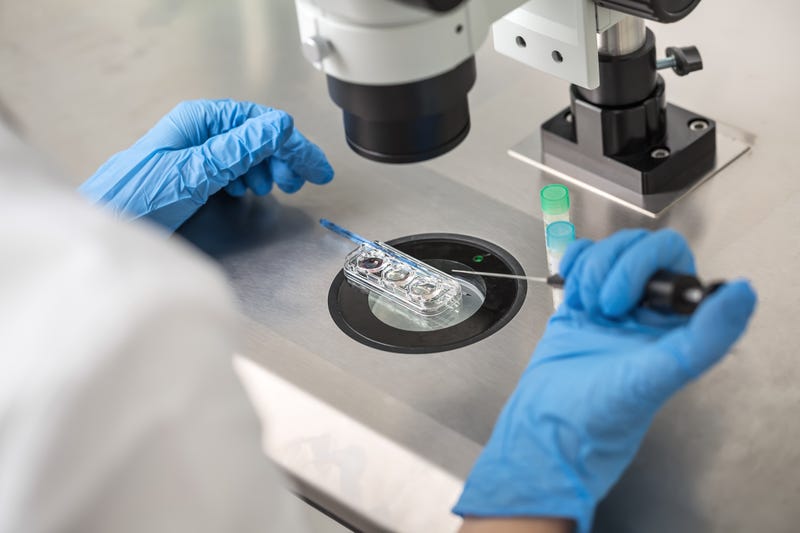
Louisiana's abortion trigger laws are facing a court challenge. But what do those laws mean for families considering in vitro fertilization?
According to Jay Huber, the medical director at the Fertilization Institute of New Orleans, couples considering IVF don't have to worry.
"The overturning of Roe v. Wade actually does not impact anything that we do in the world of advanced reproductive technology," Huber said. "From a federal level, the overturning of Roe v. Wade has had no impact on the ability for Louisiana practitioners in the world of reproductive medicine to continue to provide excellent care and to help our families in this state build their families."
Huber adds that fertility clinics do everything possible to keep the embryos in their care viable.
"Louisiana has been very protective of our embryos since the inception of IVF back in the early 80s," Huber said. "All of the clinics in the area go through incredibly aggressive protocols to protect embryos."
According to Huber, those protocols will not change.
Still, because of the heightened news coverage of the Supreme Court's decision in Dobbs v. Jackson Women's Health Organization and abortion laws across the United States, Huber says Louisiana patients have questions as to what's allowed in Louisiana and what's not.
"There's much confusion and much misunderstanding and much speculation," Huber said. "Patients are quite concerned. Initially, (they were concerned about) the term "personhood right," and (if) that would affect how we practice here in Louisiana.
"We've gotten a number of calls and messages through not only our social media platforms but also our website," Huber added.
The answer to those questions, Huber says, is clear.
"The overturning of Roe v. Wade has not changed the way that we approach our patients and our business," Huber said. "This is not a change for us in Louisiana. We are very protective of our embryos."
